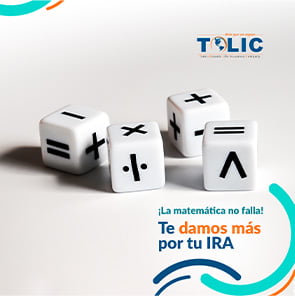Colorectal cancer, also known as colon cancer or rectal cancer, is a type of cancer characterized by a “growth on the inner lining of the colon or rectum” of cancerous cells that “can then grow into blood vessels or lymph [vessels and travel] [sanguíneos y desplazarse] to nearby lymph nodes or to distant parts of the body.”
The colon is part of the “large intestine” and the rectum is “ the passageway that connects the colon to the anus.” Occasionally, “abnormal growths, called polyps, form in the colon or rectum. Over time, some polyps may turn into cancer.”
According to the American Cancer Society, despite improvements over the past decade, “colorectal cancer is the third most common cancer diagnosed in the United States.” In Puerto Rico, the Puerto Rican Association of Gastroenterology found that “approximately 1,500 cases of colon cancer are reported annually, of which 600 cases die from this condition.” In addition, this type of cancer is the “second most common cancer in both women and men ,” and it is also “the second leading cause of cancer death in women and the third in men.”
Therefore, it is extremely important to have screening tests done and to educate yourself on the treatments and possible risks that come with a positive diagnosis. cancer screening is a critical part of prevention and early detection. Screening also allows doctors to “find colorectal cancer before symptoms begin, when it may be more treatable.” These tests also allow “adenomas and polyps to be removed before they become cancer. That is, colorectal cancer screening may be a form of cancer prevention in addition to early detection.”
It is suggested that people who have an average risk of colorectal cancer begin screening starting at age 45. Also, if there is a personal or family history of colorectal cancer, it is recommended to have screening tests done to detect either the first occurrence or a recurrence of this cancer.
There are several types of screening tests. These include: colonoscopy, computed tomography (CT or CAT) colonography, sigmoidoscopy, fecal occult blood test and fecal immunochemical test, double contrast barium enema, and stool DNA tests.
At TOLIC, we know that a cancer diagnosis can alter your quality of life and that of your family. Therefore, we offer you three cancer policies: Suma Única Plus, Cancer Única Plus y Cancer Elite Plus.
· Suma Única Plus: Our cancer policy that pays you the total sum in a single payment. The only cancer coverage, Lump Sum type, in Puerto Rico that does not expire after a positive cancer diagnosis.
· Cancer Única Plus: Our policy for cancer and 43 other specific illnesses. It has 57 benefits that pay directly to the Insured.
· Cancer Elite Plus: Our basic policy for cancer and 43 other specific illnesses. It has 34 benefits, including preventive tests, 1st and 2nd diagnosis, radiotherapy and chemotherapy, among others.
You can combine each policy with a variety of additional coverages to personalize it, adjusting it to your needs.
For more information, visit our website www.tolic.com or email us to contact one of our representatives (customerservice@tolic.com).). And find out why, at TOLIC, we are Going Beyond Insurance.








